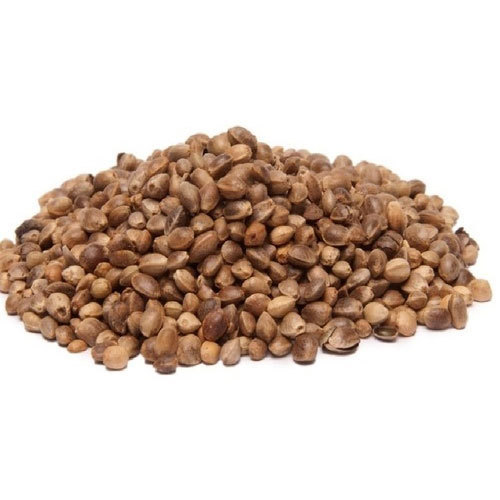In new yrs, Canada has emerged as a global chief in hemp cultivation, marking a significant shift in agricultural procedures and economic possibilities. The legalization of hemp cultivation in 1998 laid the groundwork for a burgeoning business that has given that skilled exponential progress. From textiles to food items solutions, hemp offers a multipurpose and sustainable alternative with a multitude of programs. This report explores the components driving the increase of hemp farming in Canada, its economic affect, and the troubles and opportunities shaping its long term.
Historic Context:
Hemp has a very long historical past in Canada, dating back again generations to its use by Indigenous peoples for different needs, which includes textiles, foodstuff, and medication. On the other hand, its cultivation confronted prohibitions and constraints in the 20th century due to its affiliation with marijuana, irrespective of that contains small degrees of THC, the psychoactive compound uncovered in cannabis. It wasn’t till 1998 that Canada legalized industrial hemp creation, distinguishing it from cannabis and paving the way for a new period of hemp farming.
Regulatory Framework:
The regulatory framework proven by Health and fitness Canada governs the cultivation of industrial hemp in Canada. Under the Industrial Hemp Restrictions, accredited producers should adhere to strict tips concerning THC articles, cultivation methods, and safety measures. This regulatory framework ensures compliance with well being and safety specifications even though supporting the progress of a respectable and liable field.
Financial Impression:
The legalization of hemp cultivation has sparked financial progress and position development across Canada. With its various purposes, hemp has turn into a lucrative crop for farmers trying to find sustainable alternatives to classic commodities. The Canadian hemp sector encompasses a vast selection of sectors, such as agriculture, production, and retail, contributing billions to the economic system per year. Additionally, hemp cultivation promotes environmental sustainability by demanding fewer pesticides and fertilizers than regular crops, consequently decreasing agricultural runoff and soil degradation.
Diversification of Agriculture:
Hemp cultivation presents farmers a diversification system, enabling them to mitigate hazards affiliated with regular crops and adapt to shifting sector calls for. As climate modify threatens agricultural productivity, hemp’s resilience and versatility make it an beautiful alternative for farmers seeking resilient and environmentally sustainable choices. Moreover, hemp cultivation can rejuvenate soil well being and biodiversity, maximizing lengthy-time period agricultural sustainability.
Innovation and Investigate:
Progress in hemp analysis and technological innovation have fueled the industry’s progress, top to improved cultivation tactics, crop varieties, and item innovation. Canadian universities and research establishments are actively engaged in finding out hemp’s agronomic potential, genetic range, and price-included purposes. This investigate not only boosts the competitiveness of Canadian hemp products but also contributes to scientific understanding and innovation in the worldwide hemp marketplace.
try this web-site :
Canada’s position as a primary producer of higher-top quality hemp has opened doorways to global markets. With escalating need for hemp-derived solutions around the globe, Canadian producers have seized export options, capitalizing on their popularity for high quality and reliability. From hemp textiles and developing materials to CBD-infused merchandise, Canadian hemp exports are diversifying and growing, building new avenues for financial development and world-wide trade.
Difficulties and Possibilities:
In spite of its promising outlook, the Canadian hemp market faces worries that warrant notice. Regulatory barriers, market place volatility, and constrained obtain to banking and financial companies are among the the vital problems confronting hemp producers and companies. Addressing these issues involves collaboration amongst governing administration, field stakeholders, and economical institutions to make a supportive ecosystem for hemp cultivation and innovation.
Also, ongoing research is desired to unlock the total possible of hemp and discover emerging marketplaces and apps. From bioplastics and biofuels to nutraceuticals and pharmaceuticals, the alternatives for hemp are broad and multifaceted. By investing in analysis and enhancement, Canada can place alone at the forefront of hemp innovation, driving economic progress and sustainability for decades to come.
Summary:
The rise of hemp farming in Canada represents a transformative change in agricultural techniques, economic growth, and sustainability. With its functional purposes, environmental advantages, and financial alternatives, hemp has emerged as a promising crop for Canadian farmers and companies. By leveraging its strengths in investigation, innovation, and sector accessibility, Canada can keep on to direct the worldwide hemp business, cultivating prosperity for generations to occur
